Holby City's moving final episode had a hidden meaning
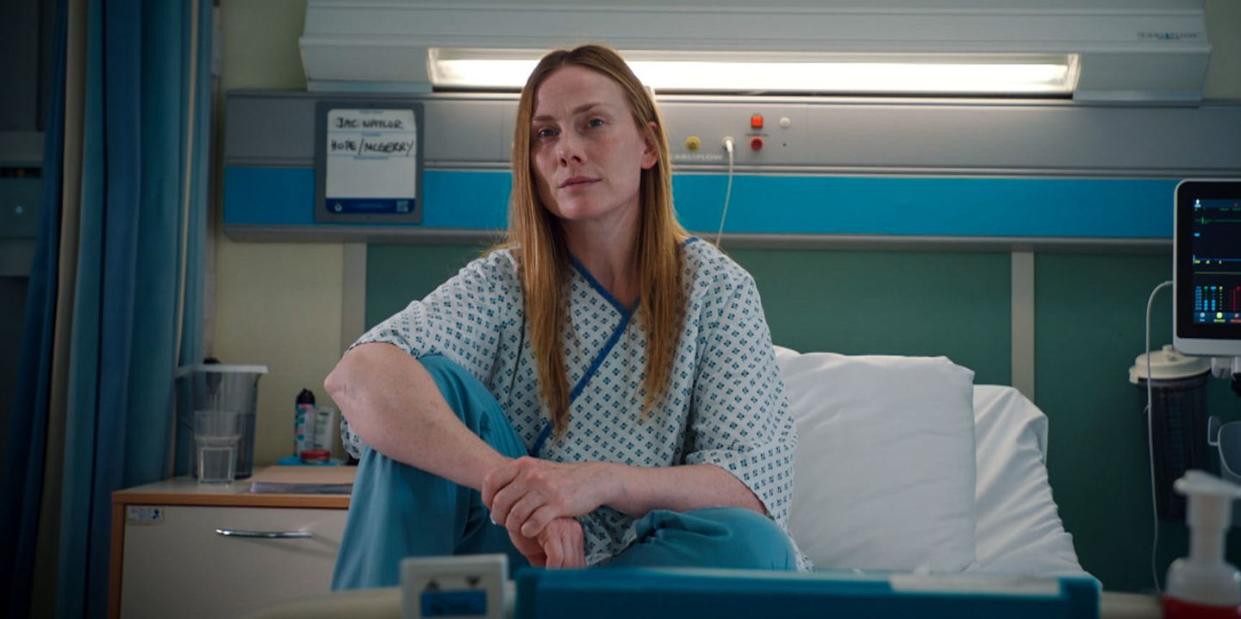
Holby City spoilers follow.
It's the end of an era. Holby City flatlined tonight (March 29) as the show came to an end after 23 years on screen. And tragically, fan favourite Jac Naylor flatlined with it.
While we have all known this day was coming for a while now, the finer story details (or more specifically whether Jac lived or died) had been kept firmly under wraps until transmission.
That said, it was obvious from last week's episode that there was unlikely to be a happy ending for Jac, or at least a realistic one, no matter how much we wanted there to be. Jac has been battling with an inoperable brain tumour ever since she returned to the hospital last year, and despite Elliot's innovative efforts to find a cure, it became increasingly clear that there really wasn't one here.
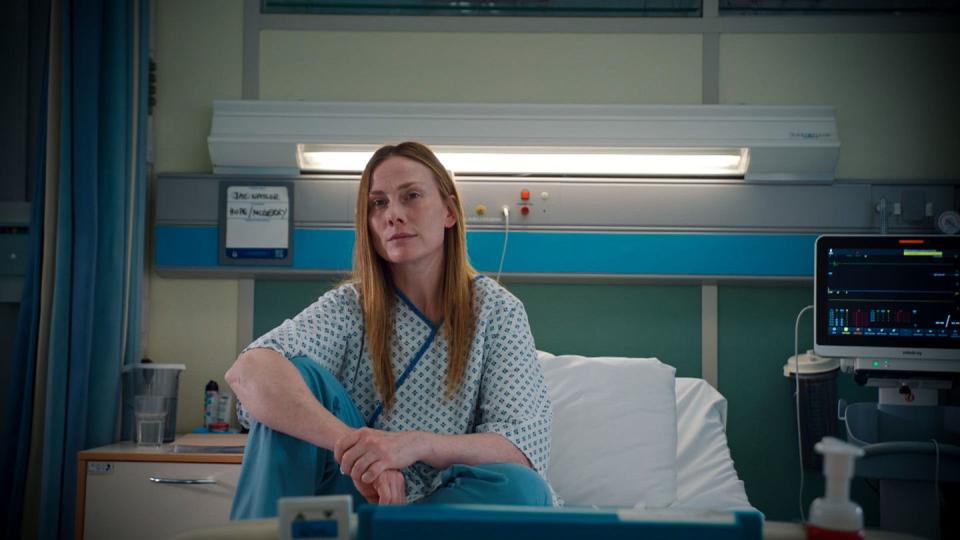
Jac's death will come as an inevitable blow for fans who were desperately hoping she'd be miraculously saved at the very last minute. We wanted her to get a happy ending, too.
But, retrospectively, it would have been a nonsensical move – for a show that has tasked itself with paying homage to the NHS for the past two decades – to find a cure for the incurable at the eleventh hour. There was no viable way back from Jac's type of tumour; in the real world and in the fiction of Holby too. Jac knew it. Her loved ones knew it. The surgeons all knew it. We knew it.
However, whether you were aware of it or not, there was a hidden meaning behind Jac's tragic fate. As we've said before, she is undeniably the heart of the show, and having her go down with the ship felt entirely poignant, if not utterly heartbreaking. As Eli pointed out a few weeks ago, Jac has saved thousands with her invincible surgical skills, but no one could save her. And yet, she still saved lives after she'd gone.
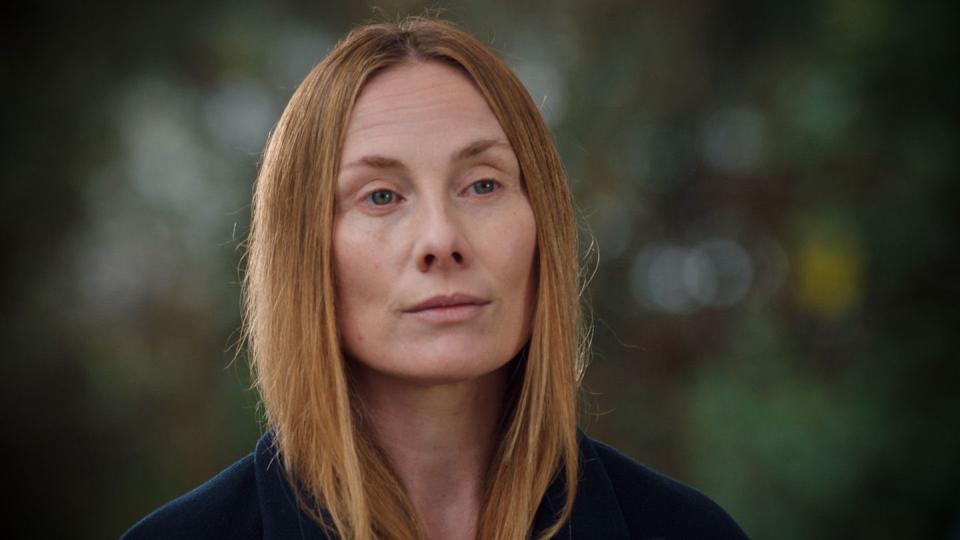
There was also a touching, but entirely truthful, sense that life still has to go on regardless of Jac's passing, on the ward and beyond. In a scene that would struggle not to thaw the hardest of hearts, hospital vicar Lexy, who was facing her own mortality following the news that a kidney transplant would not be possible because of her heart condition, was given a second chance at life in the wake of Jac's death.
And she wasn't the only one. Those moving final moments, in which Jac's organs were donated to various other people in need around the country, highlighted how she still changed lives even when hers was over.
In a painful case of art imitating reality – as seen over the past few years more than ever – Jac's grief-stricken hospital colleagues past and present still had to go on in the face of adversity, distraught but determined, broken but unbeatable.
Service had to be resumed at Holby, a cog in the wider healthcare wheel. The wards still had to go on. The world still had to go on. Jac had died, but there would always be another patient they could help to live.
"This is what the NHS means to us," Jac's voice could be heard saying in the final scene. "It's not a badge, it's not a number down the side of a bus. It's a nurse missing her break to sit with a lonely patient. It's a surgeon grinding out a 15-hour op. The sound of sirens coming to the rescue, Thursday-night applause floating across the rooftops. It's all of us doing the best we can in impossible circumstances."
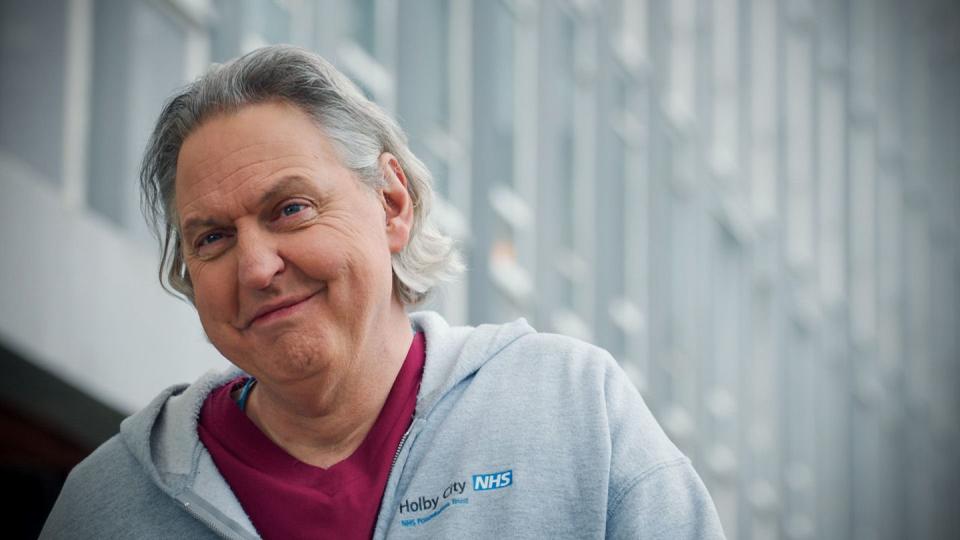
From subtle irony to overt symbolism, tonight's episode was a final tribute to the NHS, taking us back to the show's roots and core values. It was a celebration of Jac, of the show, of the fans, of the NHS, with cameos from Mo Effanga (Chizzy Akudolu), Serena Campbell (Catherine Russell), Bernie Wolfe (Jemma Redgrave), Ric Griffin (Hugh Quarshie) and Joseph Byrne (Luke Roberts) slotted in as a touching reminder of Holby's 23-year history.
"It's primarily a return to the core values of the show which were always aiming to show the core value of the NHS," said Guy Henry, who plays Henrik. "It pays tribute to the proper people who work in that environment. I believe the overarching theme of the last episode and months is a celebration of the NHS and it does it very well, actually."
David Ames (Dom Copeland) agreed, adding: "It represents the NHS fantastically, as we hope we have done throughout the show, and doing justice to the stories of the surgeons and the nurses and the porters and everyone have been through in this last 18 months.
"We hope that what we depict is representative of the way they go about their jobs and the way they go about their lives and the way they constantly strive to help us."
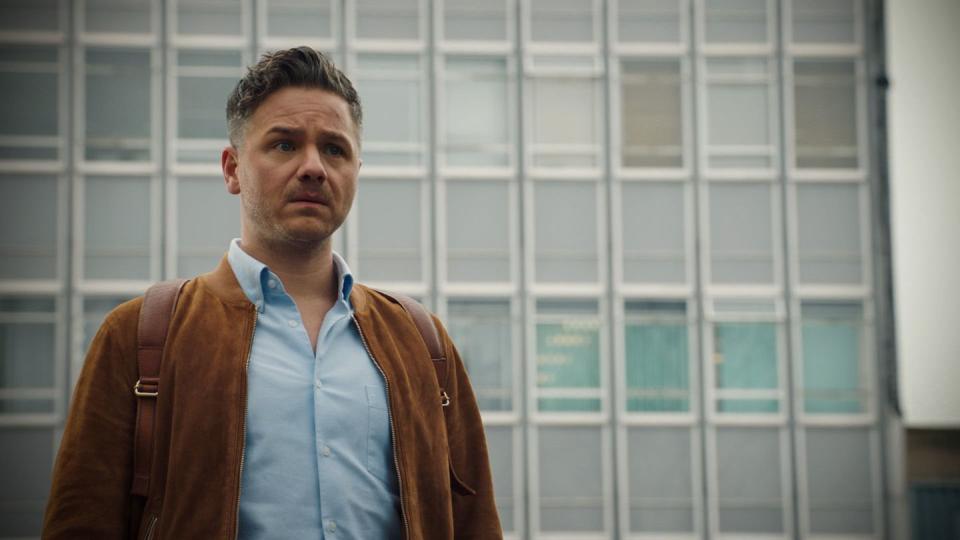
"The final episodes I think are some of the best we've ever done," Rosie Marcel, who played Jac, said to Inside Soap. "Our show has been incredible throughout the years, but because we had this decision forced upon us, it made us go, 'Sod them – we're going to do this to the best of our ability,' and we've delivered something outstanding."
Other loose ends were tied up too; Dom finally made peace with Ange, who, in turn, cemented her happy-ever-after with Josh (which was, if we're honest, never really in any doubt).
Perhaps most touchingly, Jac's fate also inspired Henrik to make some big decisions about his own future, too. Realising that life was indeed all too short to be in a job he no longer loved, Henrik finally decided to leave Holby behind and went in search of Russ in Leeds, sealing his own much happier ending.
Like Jac, Henrik's whole life has been centred around that hospital, so we don't need to tell you the hidden meaning behind this one.
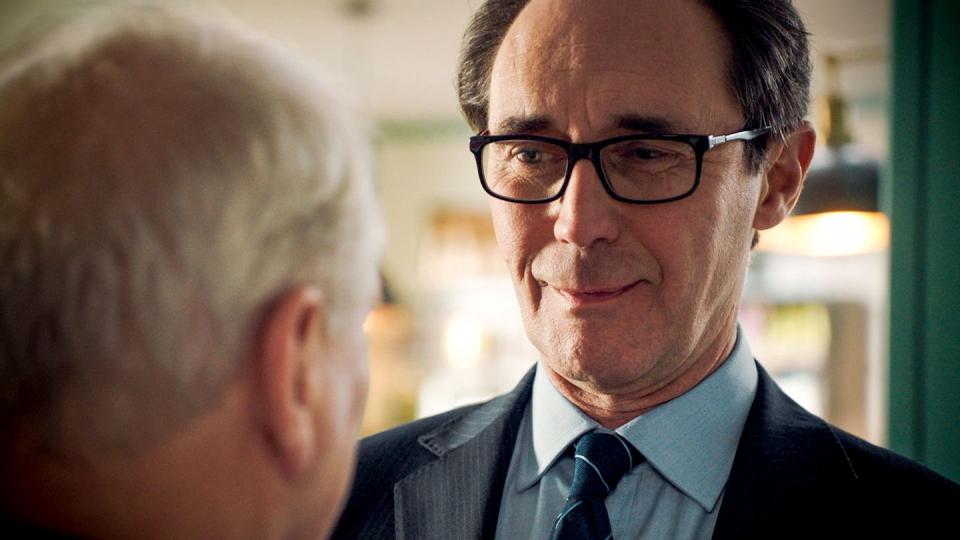
The decision to take Holby off-air was undeniably a controversial one among fans, and we have no doubt that the ending will cause a similar controversy too. But by sticking to its origins, it was the only one Holby could have given us; following through with its promises to the very end.
Despite its tendency to lean towards the soapy serial killer tropes in recent years (Gaskell, Cameron – we're looking at you), Holby has always been rooted in realism, with bucket loads of heart and humour. It's been candid, topical and, at times, decades ahead of the drive in terms of diverse casting.
Reflecting on joining as Donna back in 2004, Jaye Jacobs said to the Mirror: "Holby changed my life. My agent called me, and he said, 'Where are you? Because you will remember this moment.' Holby was massive then. It was the most diverse show on terrestrial TV.
"That's why I watched it, because there were so many black and brown faces in it. It was brilliant in every way."
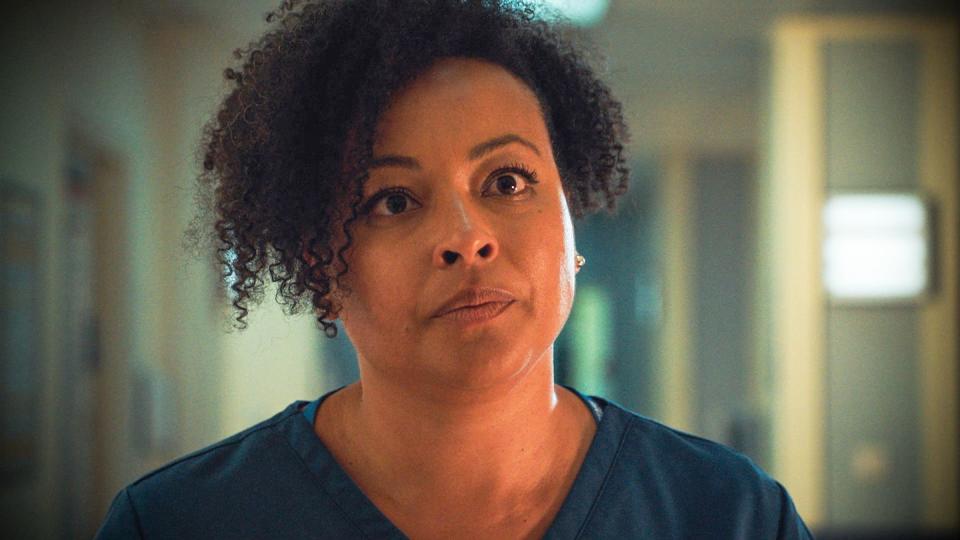
"It’s so hard," Bob Barrett (Sacha) said to us back in December. "This has been complete in its way, this place. If it does have another life it'll be a question of if it will be here or elsewhere, but it'll always be in our hearts.
"I think the show is still very popular and we're leaving on a high. We're leaving a popular show."
But they say all good things must come to an end, and Holby has too. "It's something to believe in," read Jac's final words."It's home."
Bravo Holby City, it's been a blast.
Read more Holby City spoilers on our dedicated homepage
You Might Also Like

 Yahoo News
Yahoo News 
